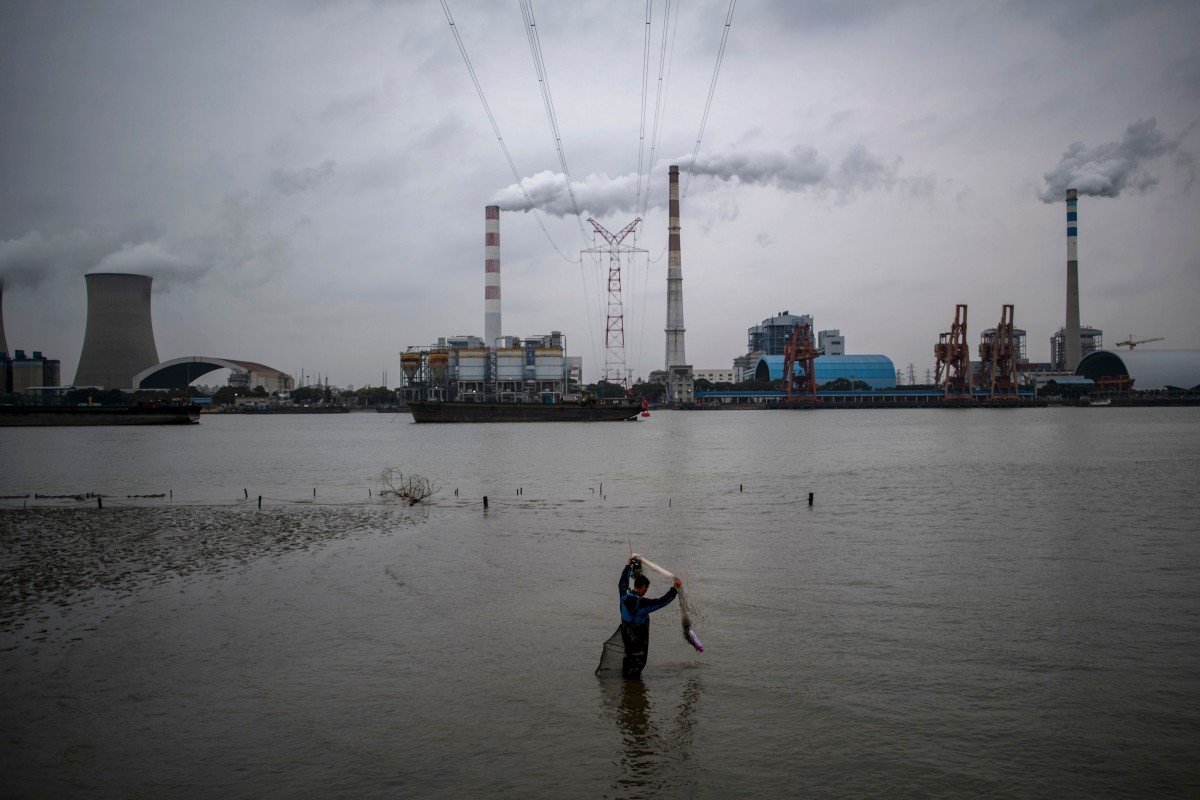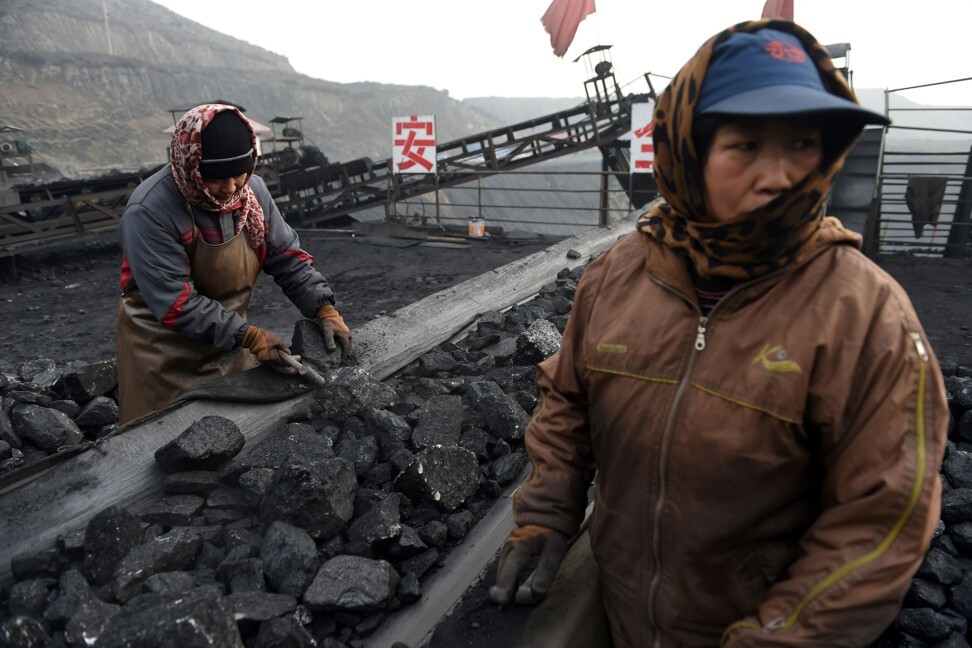
Beijing steps up as Trump’s America steps back from climate action but international scepticism means greater scrutiny
China has tight control of local green-focused NGOs and is unwilling to allow public participation and greater transparency on environmental matters

mes to delivering.As the world’s top carbon polluter and energy consumer, it has produced more greenhouse gases than that of the United States and the European Union combined since 2012. With its poor record on pollution control and its image of being non-committal on climate issues, China has often been mocked, and even vilified, as “the culprit of global warming”.
But it has not stopped Beijing from becoming increasingly assertive and playing the climate card in global politics, especially after the debacle at the 2009 Copenhagen climate summit at which China was characterised as a villain. Against this backdrop, President Xi Jinping’s surprise pledge a fortnight ago to make China carbon neutral by 2060 was of particular significance both at home and abroad.For one thing, it shows yet again that China knows how to use its leverage on climate change in a global power play. Six years ago, Xi made a pledge to then US president Barack Obama that China’s carbon emissions would peak by 2030, making it one of the few bright spots in the often turbulent US-China relations.
Xi’s latest commitment is far more ambitious, which means the country’s coal-dependent, growth-obsessed economy will see its net carbon emissions reduced to zero just three decades after 2030.
By claiming the high ground on an issue of global importance, the lofty 2060 pledge is apparently aimed at helping China return to the centre stage when Beijing has become a target of US-led international encirclement efforts.
The carbon neutral promise is well timed to deal another blow to Trump’s controversial climate record towards the end of his imperilled re-election bid, and to send a positive message to his opponent, former vice-president Joe Biden, who has promised to recommit the US to the historic Paris climate pact.
It is also aimed at boosting Beijing’s image and salvaging deeply strained relations with the EU, where perceptions of China are undergoing a sea change from that of an economic partner to a systemic rival.

But it has also met scepticism for reasons of practicality and feasibility. In a post-coronavirus world where China is being scrutinised increasingly through a lens of “distrust and verify”, much hinges on how the coal-reliant country plans to deliver on the challenging target. After all, implementation is at least as important as target-setting in climate politics.
The reality is not at all encouraging though. China’s carbon emissions have rebounded since 2017 and its coal-heavy recovery has seen more than half the world’s coal-fired power capacity built in the first six months of 2020.
Arguably more importantly, Beijing has tightened its controls of the country’s grass-roots environmental non-governmental organisations and shown little willingness to yield to calls for public participation and greater transparency when tackling an avalanche of environmental woes.
As many Chinese environmentalists have rightly pointed out, China’s top-down campaign to clean up pollution is unlikely to succeed until the public are fully involved and their voices properly heeded.
source south china morning post


Comment